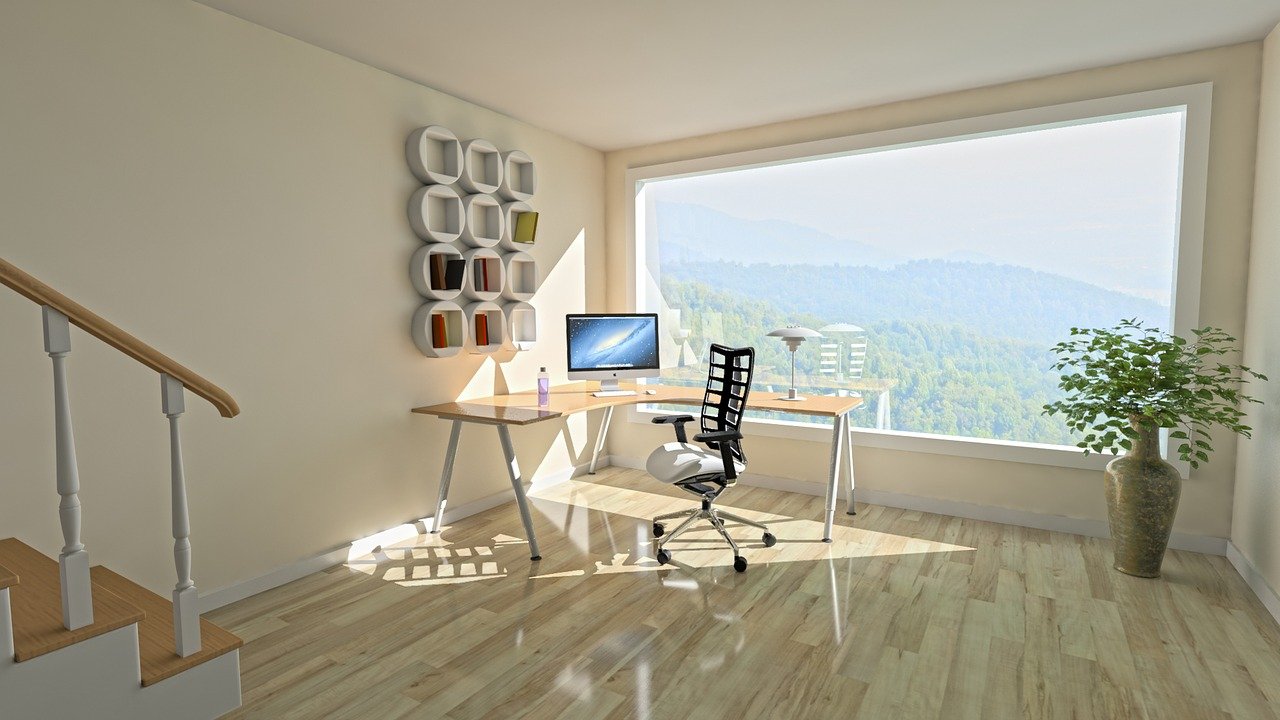 When looking for a location for your business it is important to understand all of your options. The three options you have are to rent, lease or purchase the property and building for your business. It is important to take the time to understand the advantages and disadvantages of each option to make sure you make the right decision for your business.
When looking for a location for your business it is important to understand all of your options. The three options you have are to rent, lease or purchase the property and building for your business. It is important to take the time to understand the advantages and disadvantages of each option to make sure you make the right decision for your business.
Renting can be a way to secure a place to start your business and a place to be while you evaluate the long-term space and location needs of your business. Renting is done on a month-to-month basis and you are not tied to any kind of a contract if you need to move or close your business without a lot of notice to your landlord. This option can be ideal for a short-term solution or if your business is just starting and may or may not survive.
The major advantages to renting are that you are not tied into a contract and you have a landlord who is responsible for most things that could go wrong - such as plumbing and electrical problems with the building. The major disadvantage is that your landlord may decide to rent to someone else and ask you to leave on short notice.
Leasing property for your business is similar to renting, in that you have a landlord who owns the property, but you have a legal contract to occupy the space for a fixed amount of time and money.
The major advantage to leasing is that because you are agreeing to pay for a space for a fixed time you can generally negotiate a better cost. Leases generally run from one to five years in length and longer leases are generally cheaper. Also, the land owner is still responsible for major repairs in the building and land.
The disadvantage to leasing is that you sign a legally binding contract and agree to pay your lease payment for a fixed time. If you sign a three year lease, and your business needs to close in two years, you are legally obligated to keep paying on your lease for another year. Another disadvantage can be that at the end of your lease the land owner can decide to lease to someone else or sell their building. This would mean that you might have to move a very successful business from its perfect location.
The third option is to purchase the property your business is on. One of the advantages of owning the property your business is on is that you know it's is yours and you have sole responsibility for it. You do not have to worry about someone selling the property out from under your business. Your business can exist in the same place for many years without the added worry of having to move it.
Another advantage of owning business property is that your business will make money on the appreciation of the land and buildings. In areas where real estate climbs in value at a rapid place this option can be a money-maker all its own.
One disadvantage of owning your own property is that you are solely responsible for taxes and any repair type of work your buildings and land require. Instead of calling up the landlord when the plumbing goes out, you have to call a plumber and pay all of the repair costs yourself.
When finding property for your business it is important to look at the unique needs of your business and decide if renting, leasing or purchasing property is the best option. If you fully understand your business needs, and the options you have, you will be able to make the right decision.








